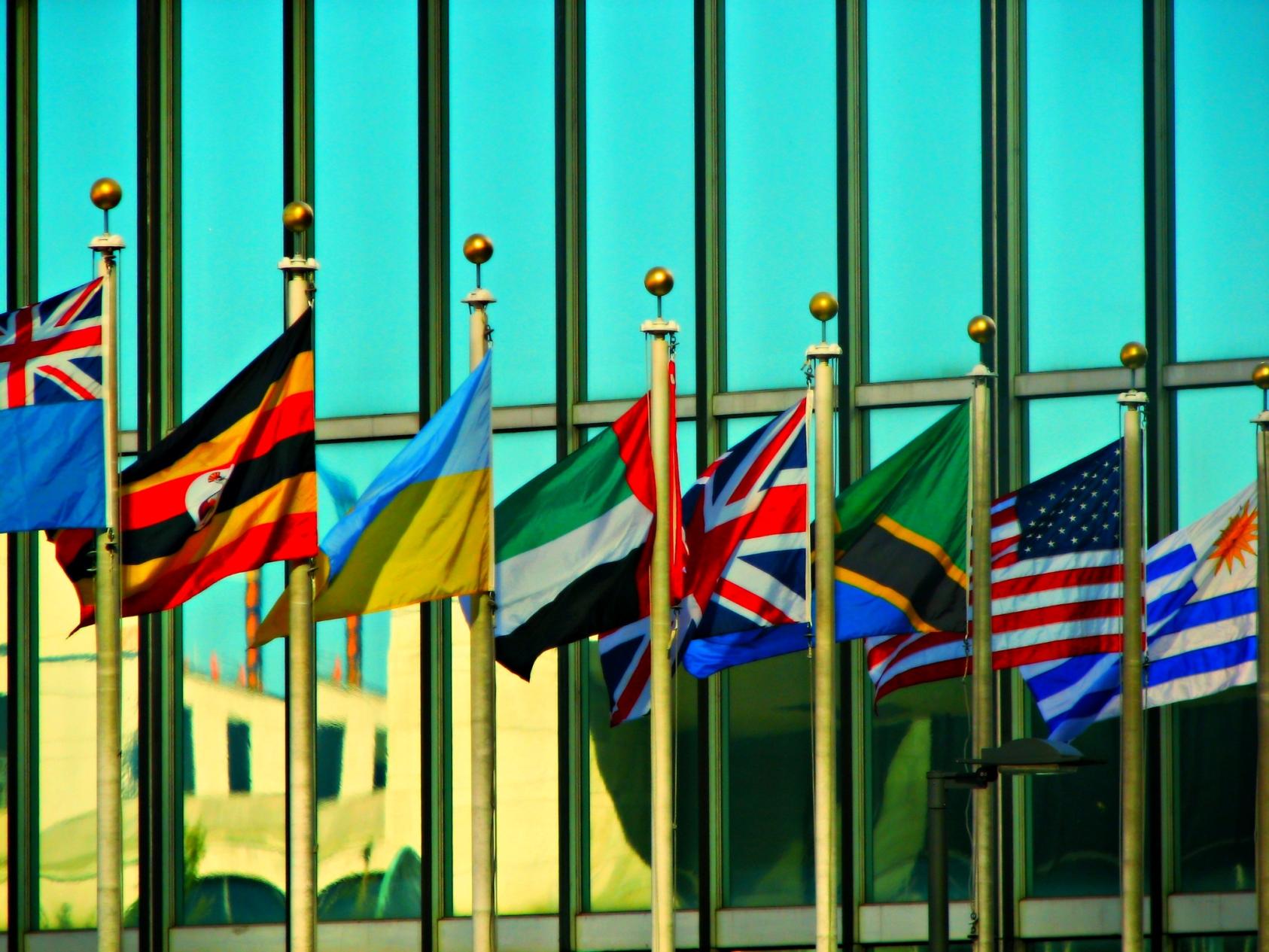Still Time to Talk: Adaptation and Innovation in Peace Mediation
Mediation has always been critical for peace. But despite becoming increasingly professionalized, utilized and resourced in recent years, mediation processes have too often found themselves outmatched by the disruptive local, national and geopolitical forces of the current moment. And with violent conflict surging worldwide, failed or neglected political processes have given way to the Taliban’s Takeover in Afghanistan and some of the world’s most notable conflicts in the Middle East, Sudan, and Ukraine. Meditation’s value as a peacebuilding tool is facing severe pressure — but the moment is ripe for reflection.

The 30th issue of Conciliation Resources’ Accord publication series, “Still Time to Talk: Adaptation and Innovation in Peace Mediation,” brings together practitioners, policymakers, analysts and activists from around the world to explore innovative ways to strengthen mediation processes going forward. The publication also examines how mediators can navigate a range of global stresses, from geopolitical polarization to the climate crisis to deep technological change.
Join USIP and Conciliation Resources for a discussion of “Still Time to Talk: Adaptation and Innovation in Peace Mediation.” The conversation will draw from the publication’s recommendations to identify contemporary priorities for mediators, conflict parties and unarmed participants in peace processes — including when it comes to addressing and using new digital technologies.
Speakers
Sasha Pippenger, moderator
Acting Director, Peace Processes, U.S. Institute of Peace
Teresa Whitfield
Former Director, Policy and Mediation Division, U.N. Department of Political and Peacebuilding Affairs; Editor, “Still Time to Talk: Adaptation and Innovation in Peace Mediation”
Sean Kane
Contributing Author, “Still Time to Talk: Adaptation and Innovation in Peace Mediation”
Meredith Preston McGhie
Secretary General, Global Centre for Pluralism
Yun Sun
Senior Fellow, Stimson Center
Alexander Ramsbotham
Director of Research and Innovation, Conciliation Resources
Tyler J. Thompson
Senior Advisor, Negotiations Support Unit, U.S. State Department, Bureau of Conflict & Stabilization Operations



